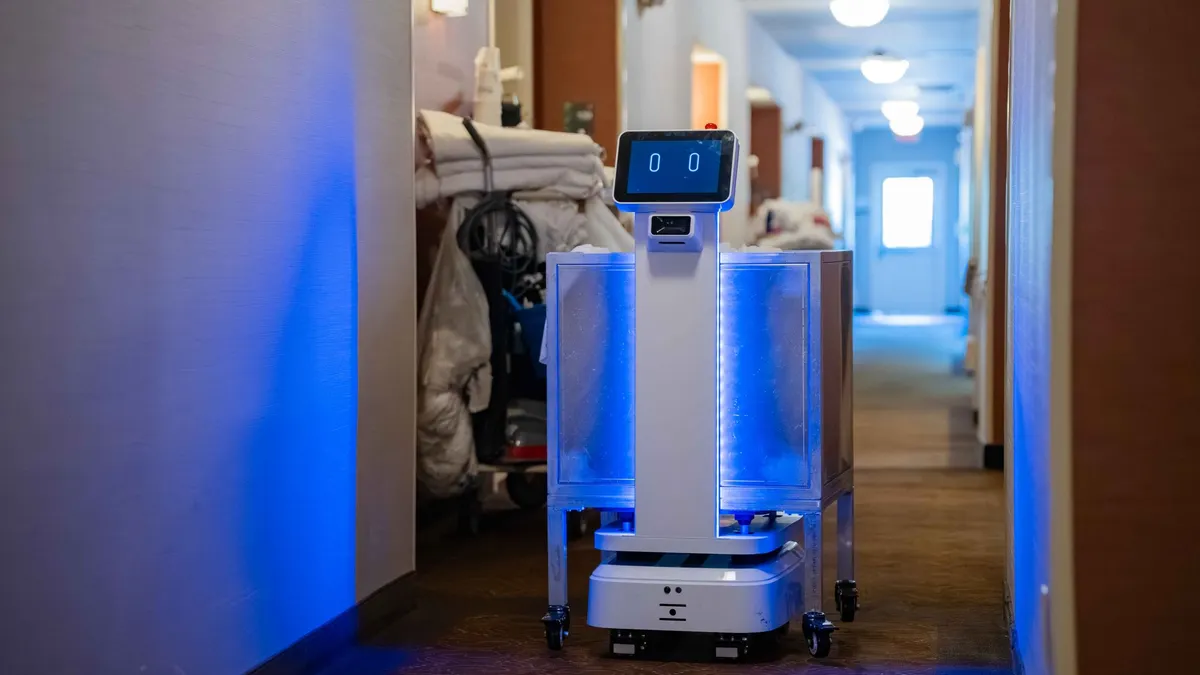U.S. travelers are increasingly turning to social media and generative AI tools to plan trips, including hotel stays, according to a recent study from travel technology provider Amadeus.
Social media has surpassed “recommendations from friends and family” as the most influential channel for travel inspiration, with 34% of U.S. travelers turning to platforms like Instagram, TikTok and Facebook to discover hotels, restaurants and local experiences, according to the global study, which included more than 2,000 U.S. travelers.
The number of Americans turning to social media for travel inspiration increased 21% year over year, with usage among Generation X growing more quickly, at 30%, compared to other generations.
Travelers are similarly increasing adoption of gen AI, with 17% of survey respondents reporting that they consult AI tools, including ChatGPT and Perplexity, for trip planning — a 30% increase year over year. Across age groups, baby boomers saw the biggest year-over-year increase in AI usage at 60%.
While usage of these tools for travel planning is increasing, survey respondents report that they do not yet consider them particularly time-saving or foolproof: Only one-third of respondents said AI saved them time compared to traditional trip planning methods, and 27% said AI returned inaccurate information, leading travelers to spend additional time fact-checking AI responses.
“The excitement and anticipation about the potential of AI is clear, but the results of this study show that Gen AI tools aren’t yet ready for trip planning prime time,” said Francisco Pérez-Lozao Rüter, president, hospitality at Amadeus. “The travel and hospitality industry has a lot of work to do to harness AI.”
Building trust
According to Amadeus’ study, travelers are seeking reassurance from AI while traveling — even at a price. Some 68% of travelers said they would pay a one-off fee for an “AI-travel assistant offering in-trip information and bookings” and were open to an average charge of 5.8% of the cost of an entire trip.
Strengthening reassurance and trust can also be achieved by “collaboration across the travel ecosystem,” according to Decius Valmorbida, president of travel at Amadeus. “Every player involved in the traveler journey needs to work together to remove friction and prioritize the traveler, and technology can enable that,” he said in the report.
Added Pérez-Lozao Rüter, “We need to work together to apply these new models specifically to travel, ensuring they are trained on reliable and accurate information with better integration to the existing travel ecosystem and new interfaces that better harness the potential for personalization.”










